Deadline: October 23, 2024
The LaMarsh Centre Graduate Student Research Award provides funding to students to support them to carry out new interdisciplinary and collaborative research that is related to an activity that is different from student’s main research focus, and which conforms to the vision and mission of LaMarsh’s mandate. Students who receive this award will work with their supervisor, who is a LaMarsh member, and one other member of LaMarsh to generate new research or expand current research.
A full description of the award and application are found below:
Research Summaries
2021 - 2022 Research Summaries
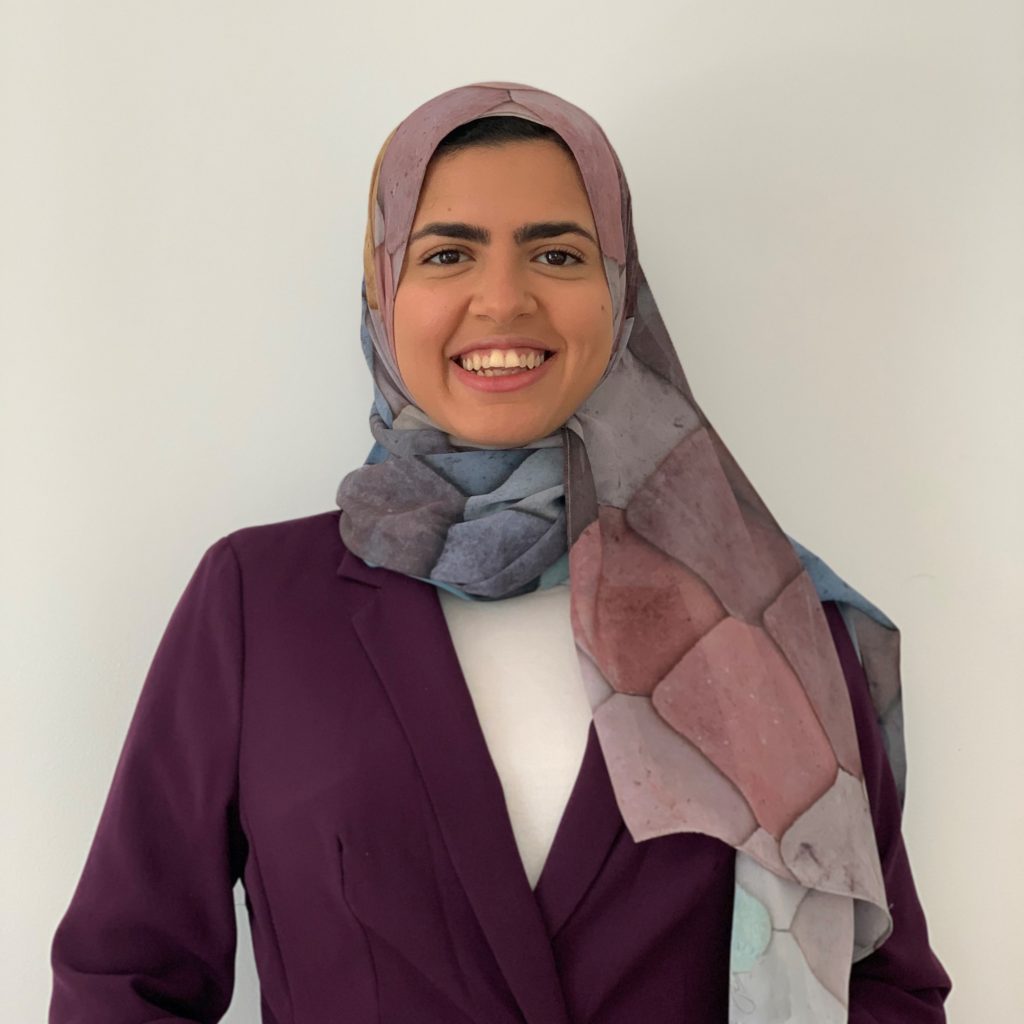
Alaa Ibrahim
Despite the effectiveness of mental health evidence-based interventions such as cognitive behaviour therapy for youth with autism (Weston et al., 2016), many barriers still exist in accessing psychotherapy. Some of the most common barriers appear to be a lack or limited therapists’ autism knowledge, low levels of competence and confidence regarding autism, and lack of interventions’ adaptations to fit the need of children and youth with autism (Adams & Young, 2020). Alaa is working alongside Dr. Jonathan Weiss and Dr. Yvonne Bohr to examine the relationship between therapist’s confidence and the presence or absence of adaptations made by therapists while providing mental health interventions to autistic children and youth. Publicly funded service providers (n = 611) who provide psychotherapy to children and youth in Ontario children’s mental health agencies, completed an online survey about their experiences in delivering services to clients with autism and with ADHD. This research will inform future training initiatives to address mental health providers’ knowledge and confidence, and provide guidance for adaptations when supporting clients with autism.
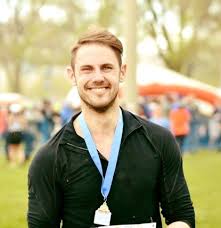
Benjamin Diplock
Project Title: The interplay between maltreatment, attachment, and affect regulation difficulties for adolescents during the COVID-19 lockdowns
Project Description: Working with Dr. Stephanie Craig's cross-sectional dataset collected during the COVID-19 lockdowns (N=1450), we will investigate the interplay between maltreatment, attachment, and affect regulation difficulties for adolescents during the pandemic. Since maltreatment was notably high during COVID, this gave an ecologically valid period to investigate these issues. Given that affect regulation difficulties are considered transdiagnostic (i.e., linked to overall psychopathology), and that both internalizing and externalizing problems increased during the COVID-19 lockdowns (Craig et al., 2022), understanding underlying mechanisms is critical.

Carly Goodman
Summary of Research: Knowledge, Sources of Information, and Behaviours with Respect to Fluoridation
The aims of our study are to survey Canadians of childbearing age to assess: (1) their knowledge of fluoridation, including the potential risks and benefits; 2) their sources of receiving information on fluoridation; (3) whether acquired knowledge of fluoridation via a knowledge translation tool impacts their opinions; and (4) how their demographic characteristics impact their knowledge, sources of information, and opinions. The survey along with a demographic questionnaire will be administered through Amazon’s Mechanical Turk (MTurk). The results of this study will aid researchers in the design of successful knowledge translation tools to disseminate research findings on fluoridation to people of childbearing age with different demographic characteristics. Further, these results will provide important information for policy makers on the publics’ understanding of fluoride.
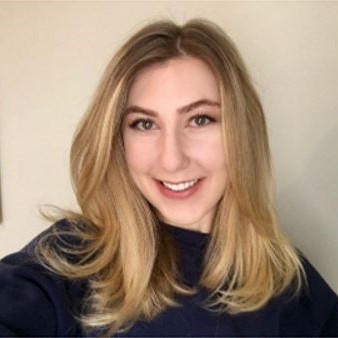
Leah Coppella
MA Human Geography graduate student, Leah Coppella, is working alongside Dr. Sarah Flicker and Dr. Alanna Goldstein on a project that considers sexual wellbeing to be influenced by the home during the pandemic. Drawing on feminist embodiment theories and intersectionality to examine adolescent girls’ narratives, Leah and the team conducted five virtual focus groups with adolescent girls and non-binary folks between April-June 2021 to understand how youth navigated physical and sonic privacy conditions in their homes to make space for sexual wellbeing practices.
As the pandemic and it’s repeated calls for social and physical distancing measures have fundamentally reorganized social, romantic, and sexual relations, Leah’s work considers how adolescent girls and non-binary folks are coping. For this demographic, whose lives were already subject to high degrees of social and familial surveillance and control, the confinement of lockdown has exacerbated pre-existing inequalities related to mobility and access to the social determinants of health. Leah sees the home as an intensely intimate space, where many youth first confront power relations and learn about safety, danger, and privacy at home (Blunt, 2005). She considers sexual wellbeing as a positive concept, encompassing sexual health, pleasure, and justice, as well as safety, respect and self-determination (Lorimer et al., 2019, Mitchell et al, 2021). Bringing these together, Leah is researching how identity and the geographic location of home, influence possibilities for negotiating sexual wellbeing.
Leah’s experience in the Geography Department allows her to bring new expertise to a research team that follows the vision of LaMarsh’s mission and mandate: to conduct research that is relevant to Canadians within a collaborative and community-engaged group of both faculty and students. The team has been able to mentor each other through the importance of collaboration and interdisciplinary learning, and thanks to LaMarsh’s Dr. Eric Jackman Health Scholars Award, the team has partnered with Planned Parenthood in order to inform a safer(r) sex ed curricula. Working with the Centre has allowed Leah to take her geographical focus closer to LaMarsh’s mandate of promoting youth’s development and resiliency. Her goals include: publishing a manuscript with the guidance and mentorship of Dr. Flicker and Dr. Goldstein, attending more LaMarsh events in order to experience the range of research that the Centre covers, and engaging knowledge mobilization activities.
Leah, Dr. Flicker, and Dr. Goldstein recently completed a paper that explores the relationships between sonic soundscapes and geographies of the home with adolescent girls’ sexual wellbeing.

Meaghan Hall
Assessing maternal iodine status as a predictor of child IQ: The MIREC cohort
The aims of this study are to assess women’s iodine status during the first and second trimesters of pregnancy and determine whether maternal iodine status (i.e., deficient, adequate, excess) in pregnancy predicts IQ in the offspring. Data will come from an existing pregnancy and birth cohort: Maternal-Infant Research on Environmental Chemicals (MIREC) Study. Maternal urinary iodine concentration has already been measured in urine spot samples from trimesters one and two, and intellectual abilities (i.e., full-scale, verbal, and performance IQ) have been assessed in a subsample of children. Results from this study will provide urgently needed information about the potential impact of maternal iodine deficiency in pregnancy on neurodevelopmental outcome in offspring. This information will help inform current recommendations for optimal iodine intake during pregnancy.
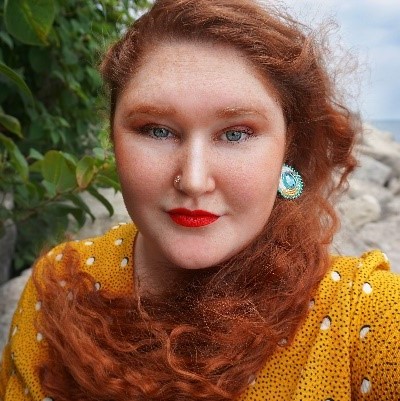
Melissa Major
There is a pressing need to explore developmentally appropriate, culturally attuned therapeutic mechanisms of change which apply to suicide and disordered substance use in Indigenous youths' lives. The focus of my research is care and cultural connection as a basis for hope about the future for First Nations youth and young adults. I plan to conduct sharing circles and symbol-based reflection (Lavallée,2009) with young adults (19-30) participating in an Anishinaabe addictions program to investigate the place of building hope grounded in culture as intervention.
Indigenous youths’ developmental pathways have been overturned (UNICEF, 2009) and losses in Indigenous self-determination have destabilized foundations of hope(Drawson, 2018). Layered colonial violence has caused cascades of harm in Indigenous communities(Cardinal & Pepler, 2020)such as cultural, spiritual, physical, and sexual abuse(TRC, 2015). My study defines hope as: drawing strength from envisioning a future in which one’s suffering will be lessened, and one’s needs will be met. I will be guided by Dr. Pepler and Shelley Cardinal, National Director of Indigenous Relations to the Canadian Red Cross. I propose to build on Chansonneuve’s interviews about hope (2007), integrating Blackstock and colleagues’ touchstones of hope (2006). I will draw from a relationship I am building with Gwekwaadziwin Miikan (translated ‘living the right way’,‘Gwek’) an Anishinaabe land-based mental health and addictions program that invited me to to stay on the land and meet with the program leaders, after which I was invited to engage in co-created research and invite 12 to 18 First Nations youth to participate in a COVID-19 safe, confidential, interview based on sharing circle practices.
Gwek is located on the Aundeck Omni Kaning First Nation on Manitoulin Island, and practices two-eyed seeing by integrating therapeutic best practices with cultural traditions in a context of outdoor experiential learning. Their Seven Grandfathers program for young adults (19-30) occurs in three phases: land-based care (3 months), live-in aftercare (6-12 months), community aftercare (6 months). To become fully immersed in the program, I will stay on the land for one to three months during the first phase of the program and visit again once for the second and third phase. Interviews will include symbol-based reflection (expressing one’s connection to a specific symbol through the presentation of ceremonial objects and handicrafts; Lavallée, 2009) as well as guiding questions about reconciliation (Blackstock et al., 2006). The sharing will be recorded with photos of the objects used to represent stories of hope.

Mohiul Chowdhury
My research focus is multi-disciplinary, and the work has resulted in 20 articles published in peer-reviewed journals with high impact factors such as New England Journal of Medicine, Lancet, Lancet infectious disease, and Expert Review of Vaccine. My current research is focused on Syrian refugees who are new parents with at least one child less than eighteen years of age resettling in Canada. Elucidating future expectations and tracking family dynamics as these parents endeavor to create a new future for their families offers a unique opportunity to learn how traditional family and gender roles are shaped in a new social context.

Nisha Vashi
My current research is aimed at investigating the role of families and caregivers in fostering the mental health and wellbeing of children with autism and other neurodevelopmental disabilities (NDDs). I am interested in exploring how the parent-child relationship may be associated with transdiagnostic symptoms in children with NDDs such as social communication challenges, mental health difficulties, and cognitive functioning. I am also investigating how the parent-child relationship may change over the course of therapy for autistic children with mental health challenges, and whether these changes are related to child treatment outcomes. Understanding the interactions between parent and child functioning will contribute to understanding how to foster long-term mental health outcomes of children with NDDs.
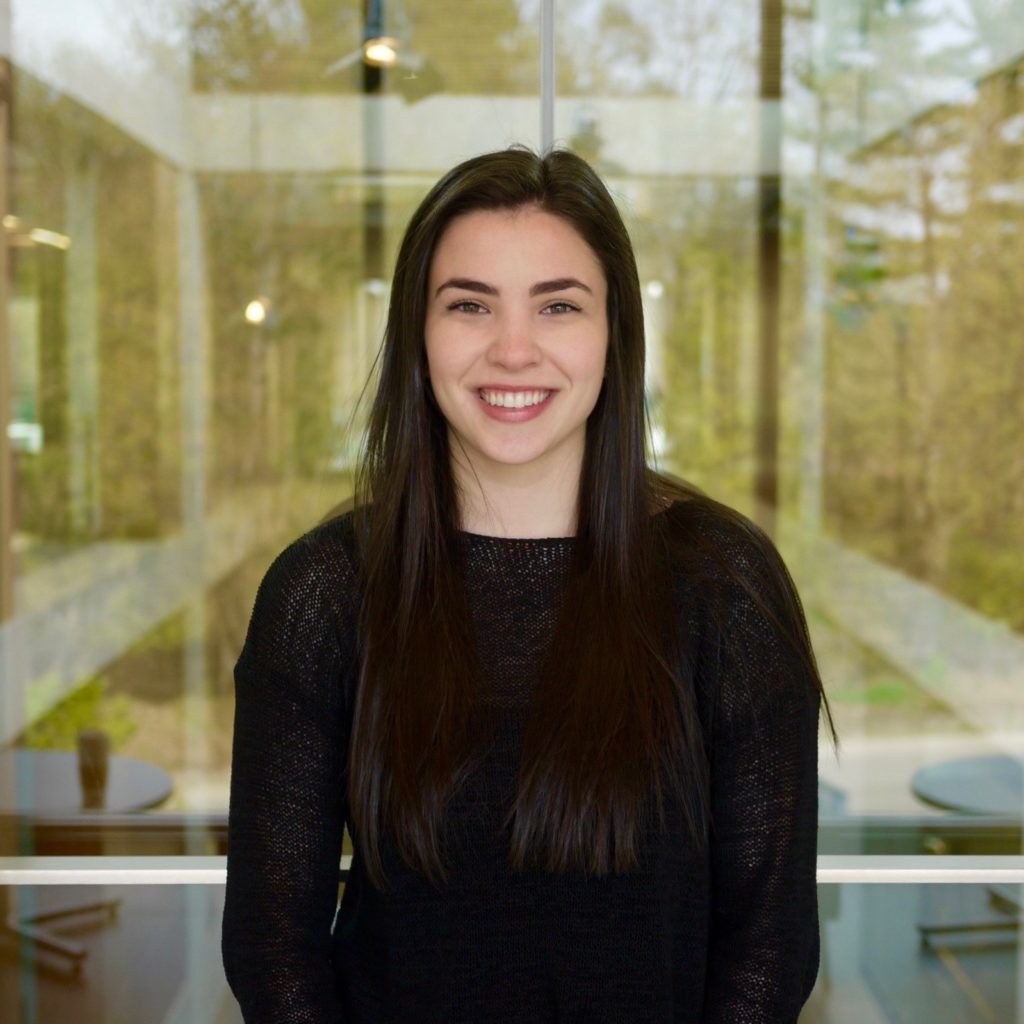
Teresa Sellitto
Special Olympics (SO) is the largest multi-sport organization in the world to provide sport opportunities to people with intellectual disability (ID). SO participation has been associated with positive outcomes among athletes in terms of physical health (Draheim et al., 2002), social functioning (Weiss et al., 2003), and psychological well-being (Riggen & Ulrich, 1993). Given the benefits of SO participation, research on involvement is integral. This is particularly important in the context of the COVID-19 pandemic. The physical and mental health of people with ID have been disproportionally impacted by the pandemic (Amor et al., 2021; Lunsky et al., 2021; Rosencrans et al., 2021). We do not know how SO athletes with ID are faring, and what they need to remain engaged and benefit from sport involvement during and following the pandemic. Teresa is working alongside Dr. Jonathan Weiss and Dr. Jessica Fraser-Thomas on a study that aims to understand: (1) how athletes and their families have remained connected to SO during the pandemic, (2) how it has helped them cope, (3) their comfort level returning to SO and what barriers need to be addressed for a successful return, and (4) how they intend to be involved post-pandemic. Data for this study will be collected as part of a larger online caregiver-report study on the experiences of SO Canada athletes during the pandemic. This information will help to inform how to program for athlete and family support during and following the pandemic, including how to promote retention and re-engagement.
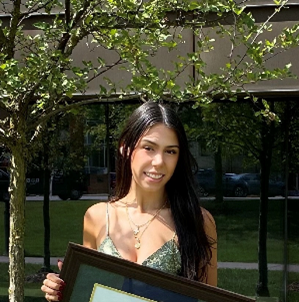
Victoria Mousses
My research interests are focused on understanding and supporting the physical activity needs of individuals from various special populations (e.g., students with disabilities, students with mental health challenges, transgender, and 2SLGBTQ+ students). My current research is aimed at informing improved programming based on the perspectives of transgender and gender-diverse students to overcome systemic barriers. Additionally, identifying the internal and external barriers to access and participation in athletics and recreation programming on campus, in hopes of providing accessibility, comfort, safety, positive mental health and academic outcomes, and accommodations such that transgender and gender-diverse emerging adults at York University can benefit from physical activity.
